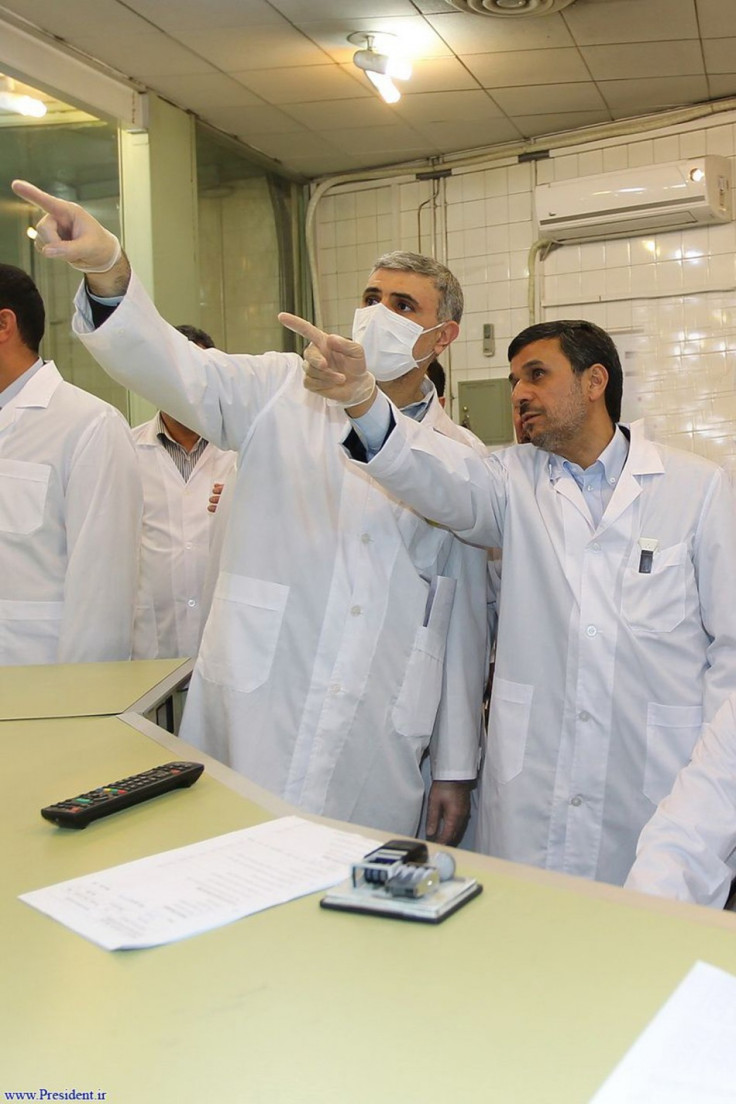Iran Ponders Halting Nuclear Programme to Avoid EU Sanctions

Iran is thinking of halting its nuclear programme to avoid EU sanctions that will make it impossible to export most of its oil.
Responding to a proposal by Russia to halt its nuclear programme in exchange for no imposition of sanctions, Iranian ambassador to Russia Mahmoud-Reza Sajjadi said: "We need to study this proposal and to establish on what basis it has been made."
The Russian proposal will avoid a European Union ban on Iran to sell its crude oil which otherwise is scheduled to be effective from July.
Sajjadi in his interview to Bloomberg at the Iran Embassy in Moscow said: "Iran will ensure it maintains its right to produce nuclear energy."
Iran might also be willing to ratify the so-called additional protocol, a step urged by the United Nations Security Council that includes more thorough inspections of Iranian facilities, as part of a wider settlement, Sajjadi is quoted by Bloomberg.
The US, the European Union and Israel allege that Iran is working to make a nuclear bomb, in the guise of producing electricity from nuclear sources. To prevent this from happening, EU proposed to impose a sanction on Iranian oil export from 1 July, 2012. Iran accounts for almost 4 per cent of the global oil supply.
The EU oil sanctions will be over and above the financial sanctions implemented by the US.
Russia says its proposal is the first in a series of mutual concessions that would help a final agreement to end suspicions about Iran's nuclear intentions.
The Iranian ambassador said the EU will complicate efforts to resolve the issue if it goes ahead with the proposed oil ban. "If they actually impose the embargo, it will mean that they're not serious about resolving the nuclear issue," Sajjadi said.
"How can they want to pursue nuclear talks on the one hand and introduce sanctions on the other? What meaning will these talks have then?" he asked.
Sajjadi told Bloomberg that there are two ways Iran can proceed after the Istanbul talks. "Either the West understands that it's pointless to use the language of force with Iran or their flexibility is a temporary phenomenon. I hope the first is true as we would like to see a resolution."
© Copyright IBTimes 2025. All rights reserved.





















